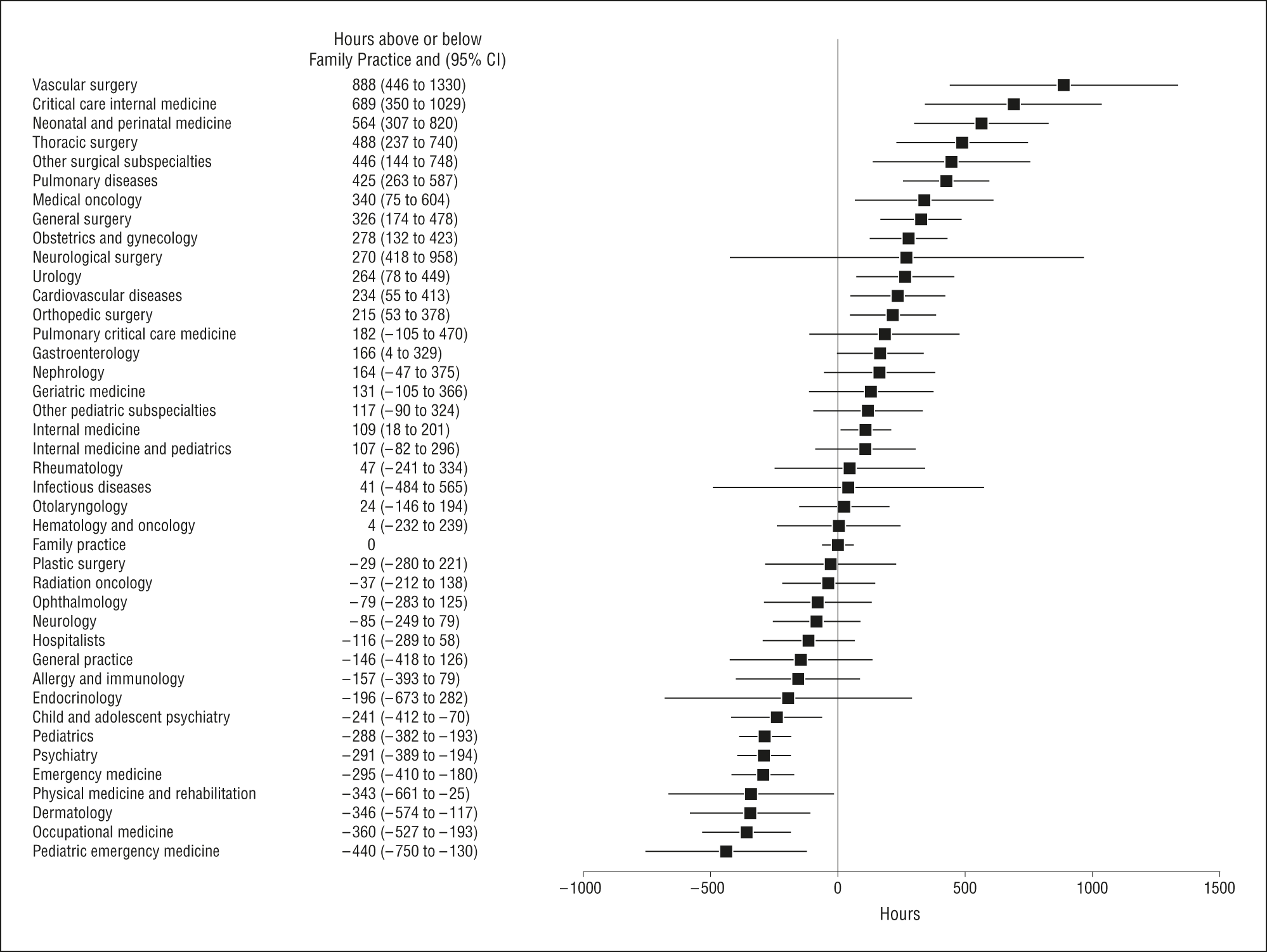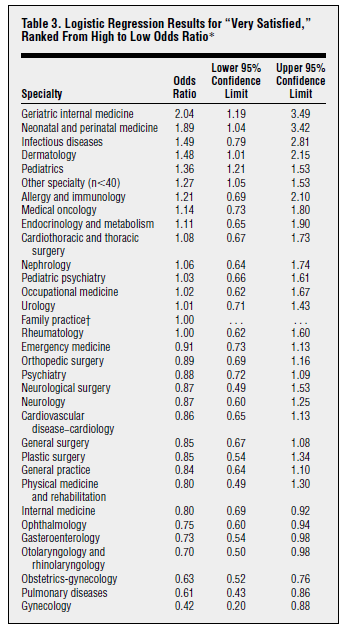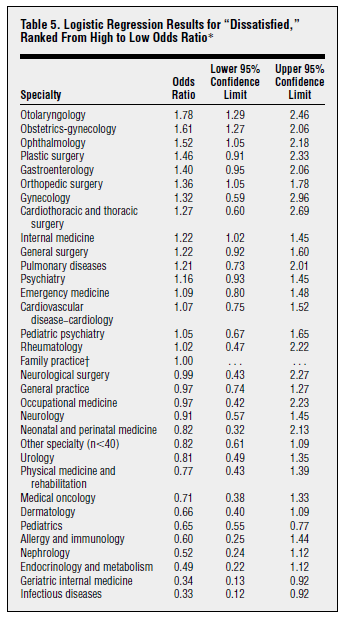Hi guys,
There seems to be a lot of cynicism about "lifestyle" specialties on these forums. I was hoping some current residents/attendings would be able to chime in on this subject.
To me, lifestyle means less than 60 hours per week, pay over 300k, and a moderate call schedule. I understand that there is a trade off between cutting back hours and having a corresponding decrease in salary in any field, but I am asking in general here.
The specialties that I believe may fit this criteria are: derm, rad onc, ophtho, radiology, pathology, anesthesiology (hours ?), PM&R (pay?), neurology (hours?), psych (pay?)
Before I get slaughtered for not searching this on my own, I've been a member on SDN for a few years and I have been looking into this independently for a long time now. I was hoping to spark a discussion and see how my listed fields are looking in 2017 and going forward into the future, and if there are other fields I'm forgetting to mention!
Thanks
There seems to be a lot of cynicism about "lifestyle" specialties on these forums. I was hoping some current residents/attendings would be able to chime in on this subject.
To me, lifestyle means less than 60 hours per week, pay over 300k, and a moderate call schedule. I understand that there is a trade off between cutting back hours and having a corresponding decrease in salary in any field, but I am asking in general here.
The specialties that I believe may fit this criteria are: derm, rad onc, ophtho, radiology, pathology, anesthesiology (hours ?), PM&R (pay?), neurology (hours?), psych (pay?)
Before I get slaughtered for not searching this on my own, I've been a member on SDN for a few years and I have been looking into this independently for a long time now. I was hoping to spark a discussion and see how my listed fields are looking in 2017 and going forward into the future, and if there are other fields I'm forgetting to mention!
Thanks



